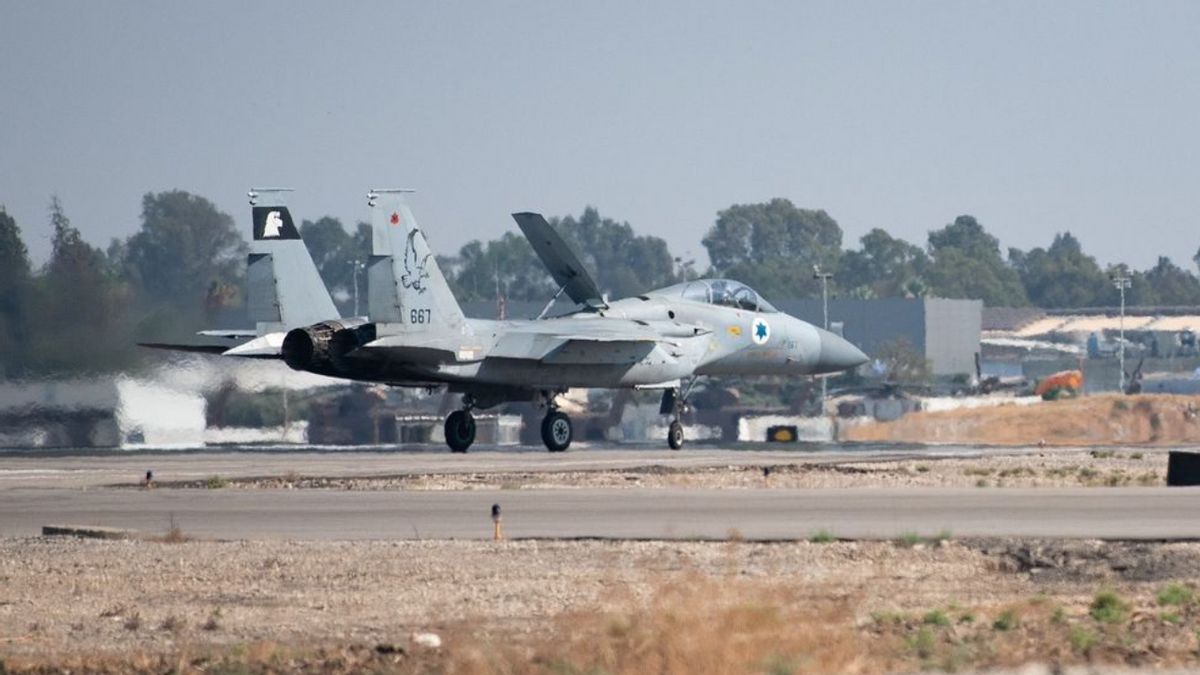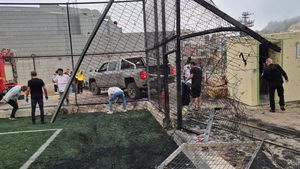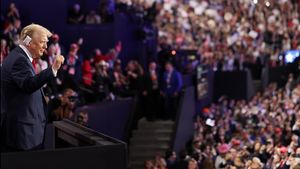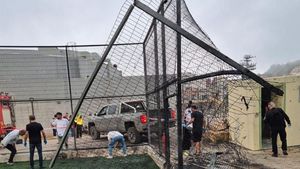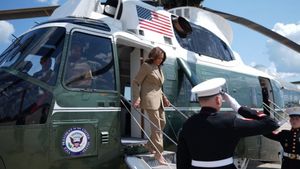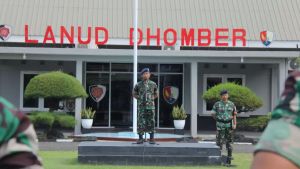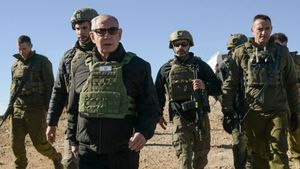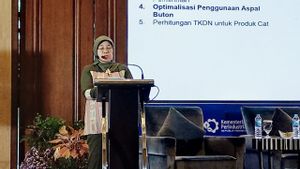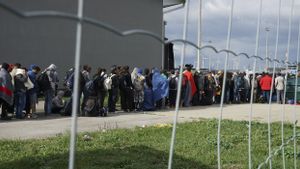JAKARTA - The Israeli military carried out a targeted attack in southern Beirut, Lebanon. The attack was aimed at the Hezbollah commander who Israel called responsible for the Majdal Shams attack on Saturday, July 27 last weekend.
CNN quoted by Lebanese state news agency NNA as reporting an Israeli attack carried out by a drone that fired three missiles, Tuesday, July 30 evening.
The IDF has claimed responsibility for the attack but has not provided details on how the attack was carried out.
SEE ALSO:
The United States (US) previously led diplomatic action to prevent Israel from attacking the Lebanese capital, Beirut, or major civilian infrastructure in retaliation for deadly rocket attacks in the Golan Heights.
Washington is racing to avoid a massive war between Israel and the Iran-backed Lebanese Hezbollah movement after an attack on Israel's occupied Golan killed 12 children and adolescents over the weekend, according to five people including Lebanese and Iranian officials plus Middle Eastern officials and European diplomats.
Israel and the US blamed Hezbollah for the rocket attack, although the group denied responsibility.
The focus of this high-speed diplomacy is to limit Israel's response by urging it not to target densely populated Beirut or key infrastructure such as airports and bridges, said a source who did not want to be named to discuss the matter.
DiulasReuters, Tuesday, July 30, Deputy Speaker of Lebanese parliament Elias Bou Saab has been in contact with US mediator Amos Hochstein since the Golan attack on Saturday last week.
He told Reuters Israel could evade major escalation threats by rescuing the capital and its surroundings.
"If they avoid civilians and avoid Beirut and its surroundings, then their attacks can be taken into good account," he said.
Israeli officials said their country wanted to hurt Hezbollah but did not drag the region into an all-out war.
The two Middle Eastern and European diplomats said Israel had not made any commitments to avoid attacks on Beirut, its suburbs, or civilian infrastructure.
The US State Department said it would not comment on specific diplomatic talks, although it is looking for long-term solutions to end all cross-border attacks.
"Our support for Israel's security is very strong and immovable against all Iranian-backed threats, including Hezbollah," a spokesman told Reuters.
White House spokesman John Kirby told reporters Israel had the right to respond to the Golan attack, but no one wanted a wider war.
"Regarding conversations over the weekend, you're sure we've done it and we're doing it at various levels," Kirby said.
"But I will not elaborate on the contents of the conversation," he added.
The English, Chinese, Japanese, Arabic, and French versions are automatically generated by the AI. So there may still be inaccuracies in translating, please always see Indonesian as our main language. (system supported by DigitalSiber.id)
